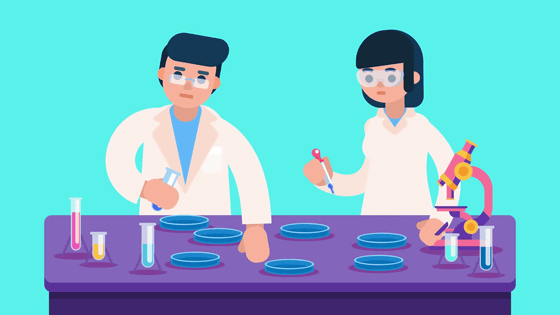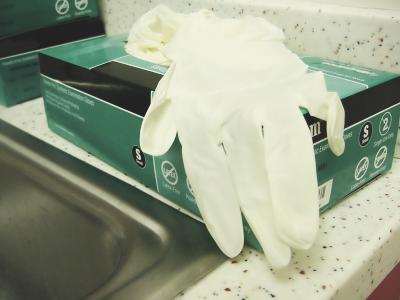The future donor of organ transplantation is pig, progressing to realization of "xenotransplantation" with genetic editing technique CRISPR

ByLee
Like transplanting porcine organs to humansXenotransplantationThere was a big step toward the realization of " Besides the problem that patients undergo rejection when transplanting, xenografting is not limited to pigsEndogenous retrovirusAlthough there was concern that the patient might be infected and cause unexpected diseases such as cancer and immunodeficiency, the American research team was concerned about genetic editing technology "CRISPR"Successfully removed endogenous retrovirus hidden in pig DNA.
Inactivation of porcine endogenous retrovirus in pigs using CRISPR-Cas 9 | Science
http://science.sciencemag.org/content/early/2017/08/09/science.aan4187
GM pigs take step to being organ donors - BBC News
http://www.bbc.com/news/health-40886600

Pig organs could soon be transplanted into humans after major 'xenotransplantation' breakthrough | The Independent
http://www.independent.co.uk/news/science/pig-human-transplant-organs-xenotransplantation-crispr-cas9-pervs-porcine-retrovirus-a7887071.html

In human organ transplantation "searching for donors that provide organs" is very difficult and takes a lot of time. People often died while waiting for the donor to appear, so it is "xenotransplantation" such as transplanting the pig's organs to human beings as a means of solving the problem.
The idea of transplanting organs of animals into the human body existed since the 1960's, but the problem of rejection occurred when transplanting animal's organs intact to humans was lying. Initially it was an idea to transplant the heart from baboons and chimpanzees close to humans, but as the research progresses, the pig's heart is close to the human heart, that pigs grow faster and procure easily There is a growing number of scientists doing research on the possibility of using pigs as donors because they are something, the risk of infecting a virus posing a threat to humans when transplanted is lower than that of other animals. In 2002, two biotechnology companies have produced organs of pigs that will not cause rejection in the human bodyAnnouncing.
On the other hand, as another problem to worry about pig organ transplantation, pigsEndogenous retrovirusThere is the existence of. Endogenous retroviruses, in the process of evolutionRetrovirusThe genome of the virus has been genetically inherited by the descendants of the host by incorporating the genome of the DNA into DNA into the cell nuclear genome of the host. It is thought that recipients are influenced by porcine endogenous retrovirus by organ transplant from pig to human being.
However, according to a paper newly published in Science,EGenesis BioThe researchers' team,Genetic editing technology "CRISPR"We have successfully identified and deleted 25 swine intrinsic retroviruses hidden in genetic information using the genetic information. In fact, 37 piglets without porcine endogenous retroviruses were produced.

Professor Luhan Yang, a researcher at Harvard University who researched, "These pigs are the first pigs in the world to lack the porcine endogenous retrovirus" "And among the many animals that have been modified, It is genetically edited. "
At the time of writing, it is said that over 100,000 people in the US and more than 6,500 people in the UK are waiting for organ donors. Although the contents which the team of Professor Yang and others announced this time is still in the early stages of research, in the future it is aimed at a world where there is no patient waiting for organ transplantation, "a situation where there are no organs missing" It is done.
Professor Darren Griffin, who studies genetics, said about this announcement, "This is a major step towards the possibility of making a xenotransplant a reality, but until the xenotransplant actually takes place, There are a number of problem to be solved, such as the problem. Professor Ian McConnell who studies veterinary medicine at the University of Cambridge also shows that it is not yet clear whether transplanting pigs in which porcine endogenous retroviruses have been removed is safe.
Related Posts:







